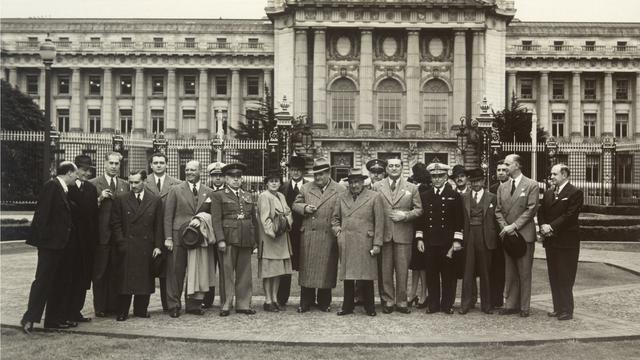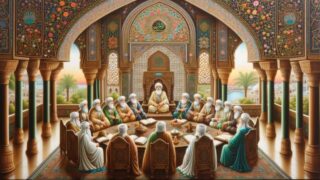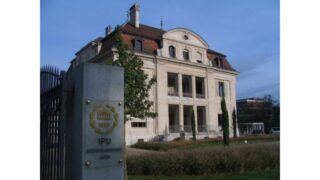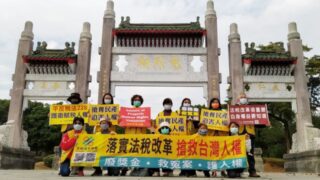Throughout the years, the role of coalitions gathering different NGOs has become increasingly important at the United Nations. An ad hoc coalition now supports Tai Ji Men.
by Thierry Valle*
*A paper presented at the webinar “United Nations Day: Internationalizing the Tai Ji Men Case,” co-organized by CESNUR and Human Rights Without Frontiers on October 24, 2022, United Nations Day.


Seventy-seven years ago, the United Nations was born, a child of hope in the wake of the war. This was the hope, and the will, after World War II, to move from global conflict to global cooperation.
The Charter of the United Nations was approved at the San Francisco Conference, which began on April 25, 1945. Since then, the international community has progressively developed and defined international human rights law. The founding documents in this respect are the Charter of the United Nations (1945) and the Universal Declaration of Human Rights (1948).
Today, the main definitions of human rights are contained in the Declaration, nine fundamental international human rights treaties and nine optional protocols. The work of the United Nations on human rights is largely within this normative framework.
The treaties are central to the work and activities of the Office of the High Commissioner for Human Rights (OHCHR) at the national, regional and international levels.


Today, the United Nations is being questioned by new environmental challenges, the emergence of new powers that want to impose their vision of human rights, such as China, although it signed the UN Charter in 1945, and old confrontations that were thought to be over, such as the East-West conflicts with the war in Ukraine. But it is precisely for such circumstances that the United Nations was created.
From the day of its creation the United Nations has had to face challenges year after year. As for example:
In 1946, the issue of atomic weapons, the use of which had been monopolized by the United States, was the subject of tension between the Soviets and the Americans,
In 1947, the question of the partition of Palestine between Jews and Arabs was one of the first major issues of the United Nations.
In 1950, the UN passed a resolution to forcefully support South Korea against the invasion of the North.


I could go on and on, as the list of challenges the UN has faced over the past seventy-seven years is long.
As mentioned earlier, during these same years the UN has established treaties that define human rights and allow us as civil society to challenge the international community and individual member states on human rights violations through the various UN instruments.
The main treaties and their optional protocols are:
– the Convention on the Elimination of All Forms of Racial Discrimination (1965)
– the International Covenant on Civil and Political Rights (1966)
– the International Covenant on Economic, Social and Cultural Rights (1966)
– the Convention on the Elimination of All Forms of Discrimination against Women (1979)
– the Convention against Torture (1984)
– the Convention on the Rights of the Child (1989)
– the International Convention on the Protection of the Rights of All Migrant Workers and Members of Their Families (1990)
– the Convention for the Protection against Enforced Disappearance (2006)
– the Convention on the Rights of Persons with Disabilities (2006).
As an NGO, in addition to monitoring and reporting on human rights violations, we contribute through our actions to the fundamental goals of the UN Charter, which are :
– to maintain peace and security in the world
– to develop friendly relations between nations
– to achieve international co-operation in all matters where it may be useful and in promoting respect for human rights
-to be a center where the efforts of nations are aligned in common objectives.
Ad hoc coalitions are also a vital part of the work at the United Nations. Thus, a coalition of organizations, including CAP-Freedom of Conscience, has been created to help further the cause of Tai Ji Men, and to report to the United Nations on the numerous violations of their fundamental freedoms of which they are victims.


At the same time, Tai Ji Men dizi are organizing global peace initiatives such as the commemoration of the 21st anniversary of 9/11, where they held World Peace and Love Bell Ringing ceremonies to pray for the world, the 2022 World Leaders’ Summit for Love and Peace, the International Love and Peace Ceremony, and many others.
Dr. Hong’s and Tai Ji Men’s peace initiatives are extremely important. More than ever, we need to bring the values and principles of the UN Charter to life around the world. Tai Ji Men is a powerful contributor to this worthy aim.









